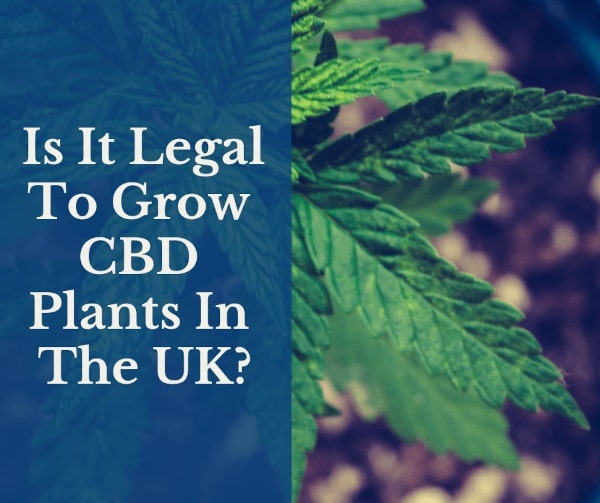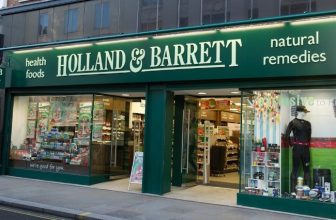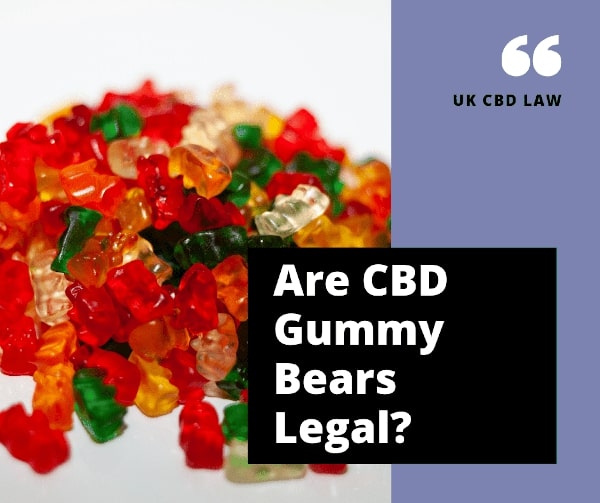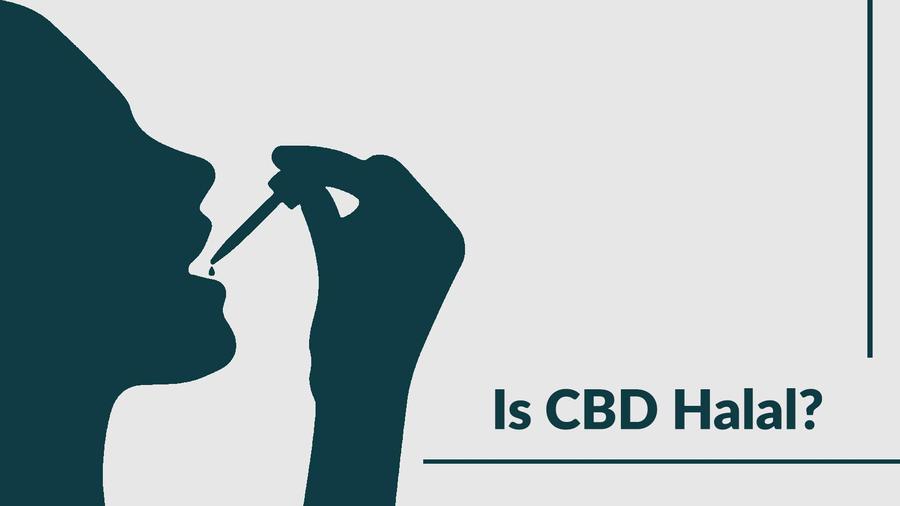
The question everyone is making themselves: is it legal to grow CBD plants in the UK?
As you may know, the CBD industry in the United Kingdom has been growing at exponential rates since its legalisation in late 2018. However, to this day, CBD and Hemp laws in the UK are still confusing as ever. It also doesn’t help that many people still mix up Hemp and Cannabis for the same thing.
Others, who may already know the distinction between the two, might just think that because Hemp is non-psychoactive, that it is totally ok to grow a few plants for personal use, right? Unfortunately, that is not the case, and it is actually a little trickier than that.
If you wonder ‘is it legal to grow CBD plants in the UK?’ Don’t Miss: UK CBD LAW – AN IN-DEPTH ANALYSIS
Recently, many people have been questioning whether or not it is legal to grow their own hemp plants for CBD, which plants are legal to grow and whether or not you can make your own CBD at home. For that reason, we have compiled here a few of these questions, and hope to clear up any questions and doubts for you.
Key Sections:

What are CBD Plants?
First of all, it is important to know that CBD comes from both hemp and marijuana plants. That’s because they are the same plants. Varieties of Cannabis plants containing traceable amounts of THC (around less than 0.2%) are known as Hemp plants. While marijuana refers to varieties of Cannabis plants containing higher amounts of THC.
Cannabis (Marijuana) v.s. Hemp Plants
Apart from psychoactive effects, there are also a few other differences between hemp and marijuana plants. Even though they are both from the Cannabis family, they look and grow different. Hemp leaves are thinner and are concentrated near the top of the stalk. The plant itself is very tall and slender, so thanks to this, it can be grown much closer together.
Hemp is very hardy and can be grown pretty much anywhere, while marijuana requires a carefully controlled environment or a hot and humid climate. Hemp is grown and used for multiple purposes: consumption, textiles and even building materials. While marijuana is grown for medicinal and can not be used for textiles since it’s fibre has a low tensile strength.
If the hemp is meant to be used for consumption, cultivators must be careful about where they grow their hemp as it can absorb any of the toxins in the soil. However, this isn’t always a negative, as it improves soil fertility by fixing nitrogen and isolating carbon. Making it extremely industrious and sustainable.
As mentioned before, the main and biggest difference between the two is the THC content. In the UK, there are still numerous laws against the personal use, growth, or distribution of the cannabis plant in the United Kingdom.

Is it Legal to Grow Cannabis and Hemp Plants?
When it comes to this particular subject, there are two different categories which separate the answer to this question. The first is whether or not it is legal to grow cannabis and hemp plants at home, and the other is whether or not it is legal for companies to grow cannabis and hemp plants.
Legality of Growing Cannabis and Hemp Plants at Home
Growing your own plants at home to make your own CBD sounds quite appealing to many people in the UK. But there are a few laws regarding this issue that prevent the average person from simply growing their own plants for CBD.
For one thing, growing cannabis (marijuana) plants is still forbidden by the law, as you read above, due to its high content of THC, which remains an illegal substance in the United Kingdom, as per the Misuse of Drugs Act of 1971.
Therefore, growing your own cannabis plants in the UK is definitely a no-go in the eyes of the law. In fact, just being caught with cannabis in the UK is penalised by up to 5 years in prison, by an unlimited fine or even both.
Additionally, being caught producing and distributing marijuana (or any other Class-B drugs) in any way is penalised with up to 14 years in prison, an unlimited fine, or both. For this reason, we very strongly advise against even considering this as an option.
You may be surprised to find that Hemp is equally as illegal in the UK as cannabis is and can only be grown for commercial purposes with a license. Meaning, you cannot grow it for personal use at all. Again, we strongly advise against doing this. It may seem that just because there is a low THC content, then it should be fine, but is it really worth all the legal repercussions?
Our suggestion? Just go online, do some research about CBD brands and the different ways you can take CBD, and buy CBD products from your favourite shop in a matter of seconds. Not only will you find much better quality CBD, but you will be much safer.

Legality of Growing Cannabis and Hemp Plants as a Company
So, is it legal to grow CBD plants in the UK? Naturally, CBD must be sourced from either Cannabis sativa plants or Cannabis sativa L. plants. Therefore, in order to produce and distribute products which contain CBD, certain standards need to be meet and you need a license to grow Hemp and Cannabis.
A number of different documents and presentations must be presented in order to even be considered as a potential receiver of an industrial hemp license. Then they must go through a Disclosure and Baring Service (DBS) check. You also have to pay a fee with your application. New licences usually cost £580, with licence renewals costing £326.
Then, when the license is granted, there are still a number of rules and regulations in which these companies must follow in order to ensure the public’s safety and well-being. For example, the plant can’t be grown in the vicinity of schools or areas of public access and you also have to tell your local police where you’ll be growing hemp.
However, even after following all of the strict rule and regulations for growing industrial hemp, it is still extremely hard to get a license that allows cultivators to harvest hemp flowers for CBD. At the moment, there is only one farm in Jersey in all of the UK that is able to harvest hemp flowers for Cannabidiol. Meaning, most of the CBD products bought has been made with European hemp cultivated outside of the UK.
Some of the Home Office rules for growing industrial hemp include:
- The location, hectarage and contact information must be provided.
- Cultivators must undergo a DBS (Disclosure and Barring Service) Check.
- Apply for and pay the licensing fee of £580, then £326 for the renewal.
- The seed type used must be confirmed with the home office and be approved by the EU.
- Crops must not be grown in “sensitive” locations (i.e. near schools or areas of public access).
You can find out more about growing industrial hemp in the UK on the Government hemp licensing page.
Growing cannabis (marijuana) is a much more difficult process since marijuana is only allowed to be grown with a special license and for medicinal purposes. Finding information on how to do so is quite difficult as the guidance for the Cannabis-based medicines expert panel with the Home Office was withdrawn on the 26 July 2019.
The FDA (Food and Drug Administration) and the MHRA (Medicines and Healthcare products Regulatory Agency) have put many rules down for companies to follow in order for there to be a stronghold on both quality control and on substance distribution.
Processed hemp products can be legally traded and used in the UK as a food supplement without a license if their THC content is 0.2%. Achieving this percentage can be quite trying for the normal person, but CBD brands have all the necessary equipment for this process and can do it all in a short time. Not to mention, they have the technology needed for testing and making sure all their CBD contains less than the legal 0.2% limit of THC.







